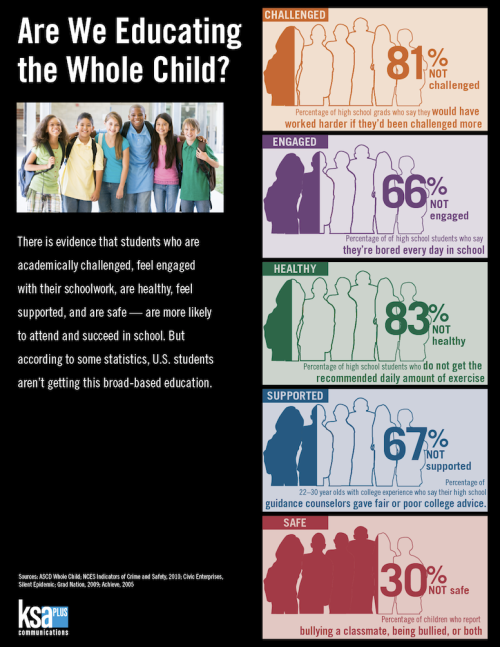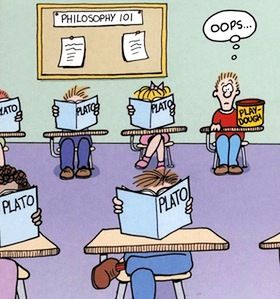School Reformers’ Pledge of Good Conduct
School reformers now (and in the past) are (and have been) divided among themselves. So often, they seek similar goals–students who are literate, can think clearly, have requisite skills and knowledge to enter and finish college or start a career, and contribute to the larger community– but split over which of the goals should have precedence and how to achieve the ones they prize.


Reformers fighting among themselves, of course, is hardly new. For generations, traditionalists have fought progressives over the purposes of schooling, what content and skills had to be taught, how teachers should teach, and how students should learn. Whether it was the 1890s, 1960s, or the 1980s, ruptures between school reformers occurred again and again (see here, here, and here). And so it is today over how best to educate poor white and minority children, whether Common Core state standards are a boon or bane, and do charter schools help or hinder children and youth.
Yet whether school reforms come from the political right, center, or left championing particular changes often leads the most well-intentioned of reformers to commit mistakes again and again. It is those repeated mistakes, generation after generation, that have been so obvious to historians, lay School Reformers’ Pledge of Good Conduct | Larry Cuban on School Reform and Classroom Practice:
